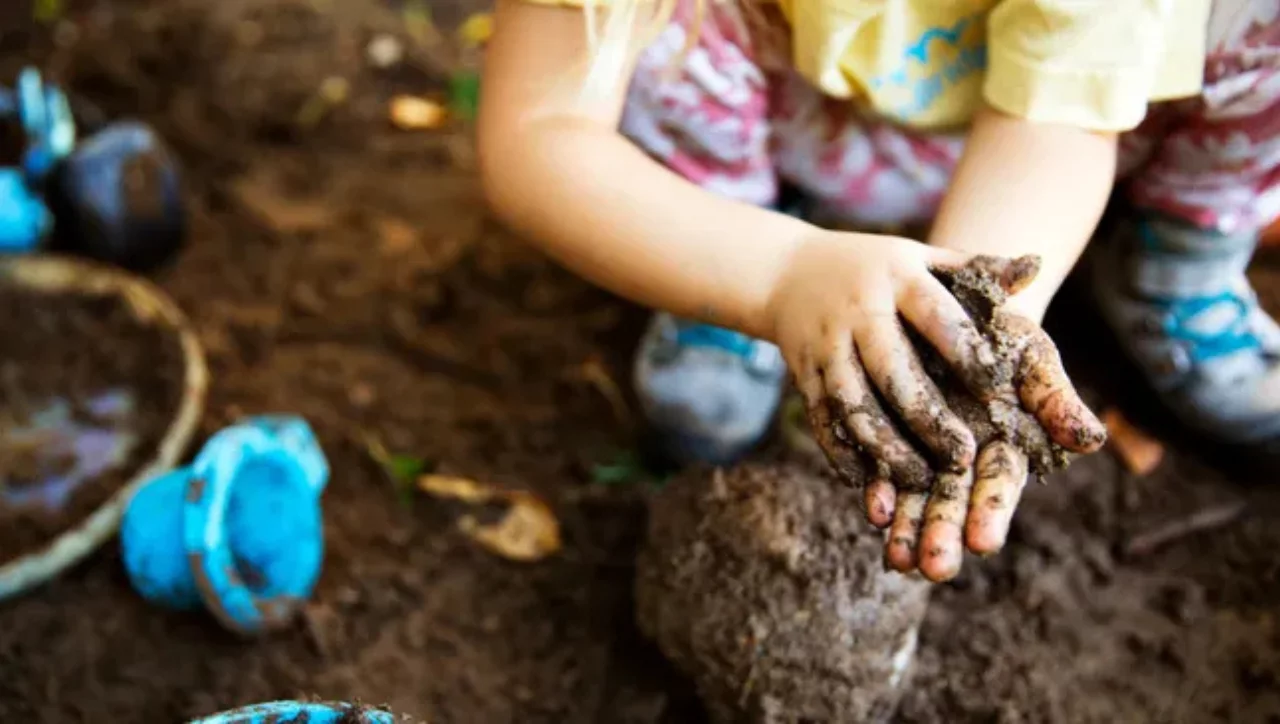A child who plays in the dirt gets sick less often - is this true?

Modern parents are supporters of their children observing cleanliness and strictly following hygiene rules. Walking on asphalt, disinfected toys, and washing hands ten times a day may seem like protection against various bacteria. However, in recent years, experts have emphasized that direct contact with soil, sand, and nature can actually benefit children's health.
Are soil microbes harmful or beneficial?
Many people associate microbes only with disease. But in fact, many bacteria in the soil can be beneficial to the human body. Especially Mycobacterium vaccae, a helpful bacterium, is known to improve psychological well-being, strengthen immunity, and fight inflammation.
When children play in natural environments – such as gardens, fields, or yards – they inhale or absorb these microorganisms through the skin. This gives their immune system a kind of "training," increasing its ability to fight various illnesses.
What does the “hygiene hypothesis” say?
According to the “hygiene hypothesis” proposed in the 1990s, growing up in an overly clean environment increases the risk of allergies, asthma, and autoimmune diseases. In simpler terms, the body doesn't "learn" to fight microbes, and as a result, the immune system may misfire and react improperly to the body's own cells.
Therefore, some scientists state that children in contact with natural environments experience fewer problems like asthma and eczema.
How to let children play with soil safely?
Of course, this doesn’t mean that a child should play in any dirty area. The following tips may help parents:
Choose a garden or yard: Prefer clean environments without chemical fertilizers.
Supervise small children: Ensure they don’t put soil in their mouths.
Teach hand hygiene: Make sure hands are washed with soap after play.
Watch out for animal waste: Avoid areas frequented by domestic animals.
How does playing with soil benefit children?
Boosts immunity. The child’s body becomes familiar with microbes and forms a natural immune response.
Reduces stress. Contact with nature calms the nervous system.
Stimulates creativity. Building sandcastles or drawing in mud develops imagination.
Increases physical activity. Outdoor play encourages running, jumping, and digging.
Builds social skills. Playing in groups teaches children to take turns, negotiate, and cooperate. Read “Zamin” on Telegram!
Ctrl
Enter
Found a mistake?
Select the phrase and press Ctrl+Enter 













